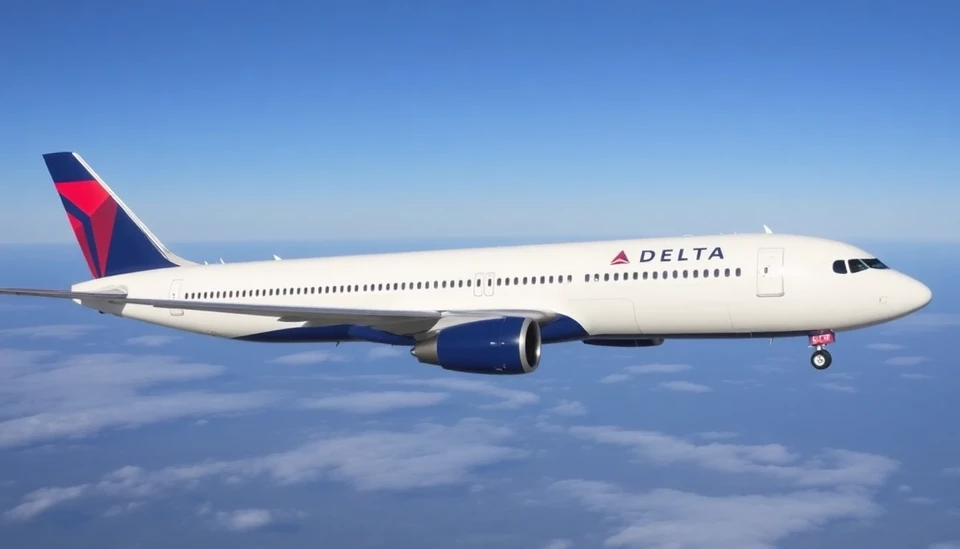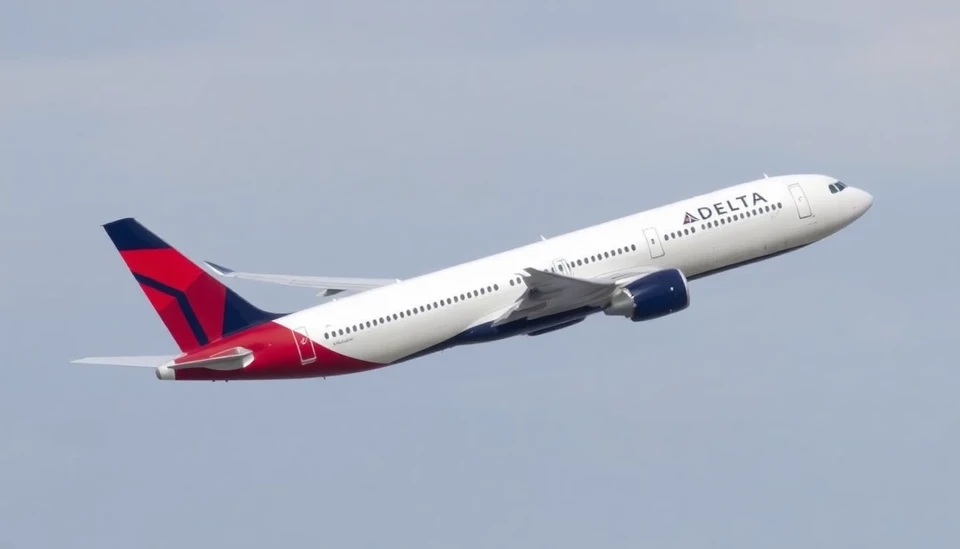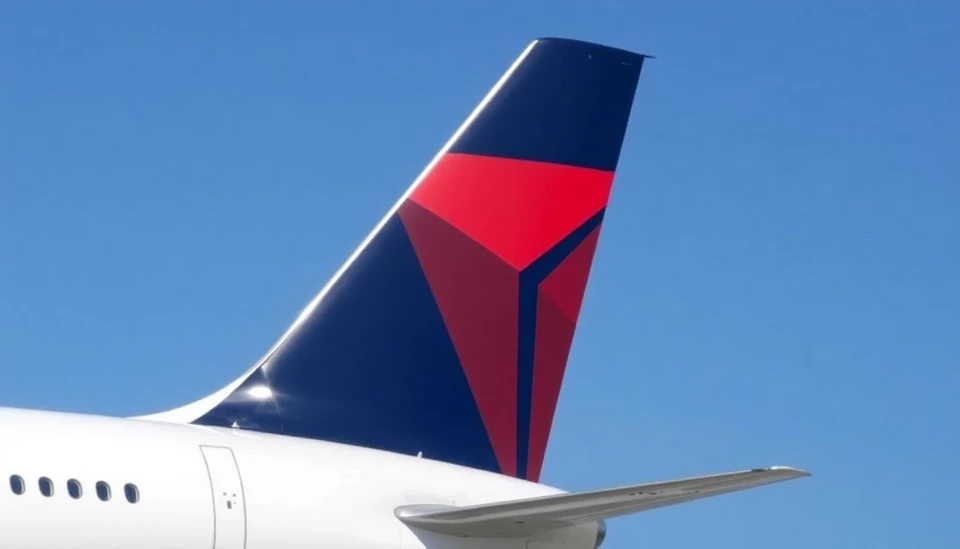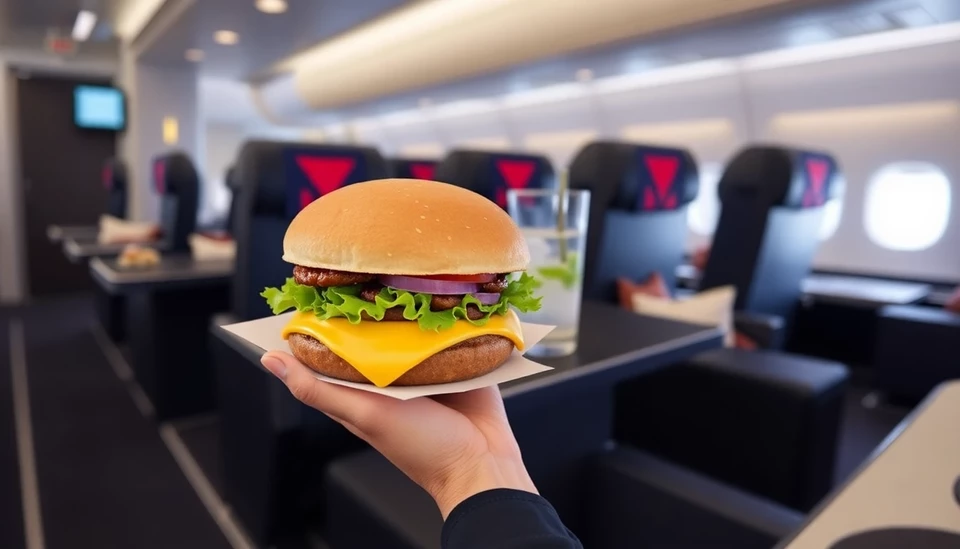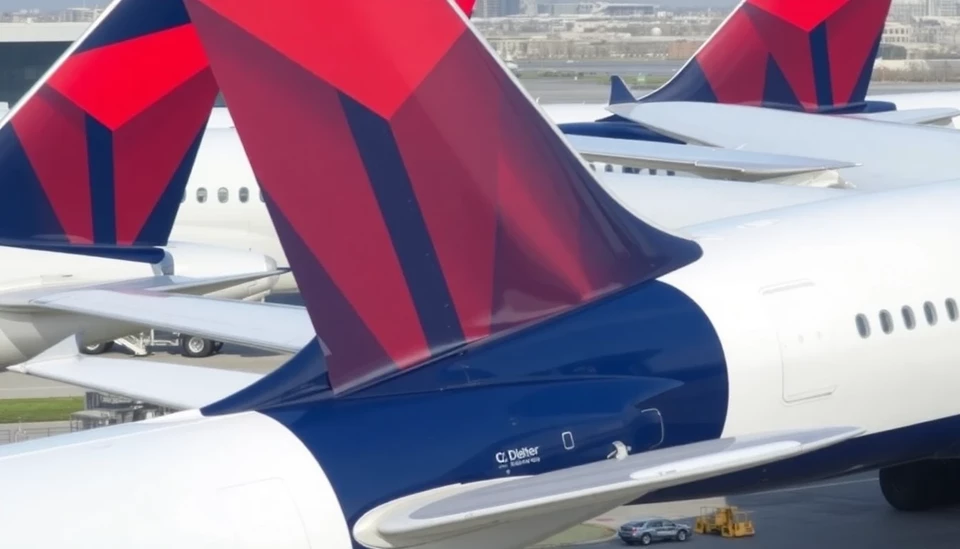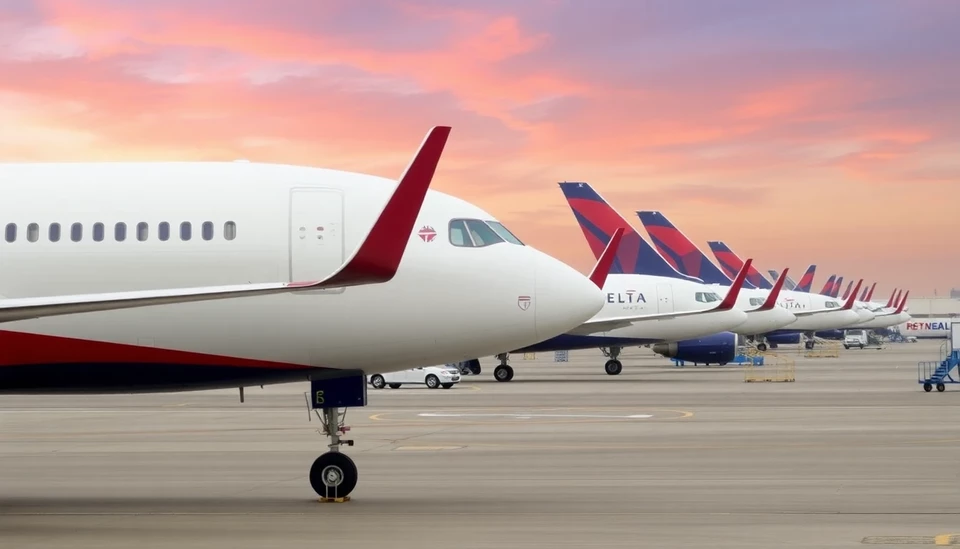
In a significant move that reflects the growing unease in the aviation industry, Delta Air Lines has decided to retract its financial guidance for the upcoming quarter. This comes in response to the escalating trade tensions initiated by former President Donald Trump's administration that are placing considerable pressure on air travel demand. The decision marks a pivotal shift for Delta, a major player in the airline sector, as it navigates through unpredictable economic conditions influenced by international tariff disputes.
Delta's decision was made public during their latest earnings call, where executives expressed concern over the potential ramifications of these trade policies on both business and leisure travel. The airline's leadership highlighted that the ongoing uncertainty around tariffs and trade agreements was leading to hesitance among travelers, thereby adversely affecting ticket sales and overall passenger volumes.
The airline, which had previously outlined optimistic projections for revenue growth driven by a strong demand for air travel, now finds itself in a precarious position. The guidance withdrawal indicates that the company is facing headwinds that could influence profitability in the near future. Executives made it clear that the fluctuating economic landscape poses challenges that have prompted a reevaluation of their financial outlook.
In addition to trade concerns, Delta is also grappling with rising fuel costs and operational disruptions that have further complicated its financial picture. The cumulative effect of these factors has resulted in heightened caution among investors and industry analysts regarding Delta's performance in the coming months. Many market watchers are concerned that if the trade war continues to escalate, it could significantly dampen economic growth, leading to a decrease in travel demand.
To mitigate the impacts of the trade war and costs, Delta and other airlines are actively exploring strategies to improve operational efficiencies and reduce expenses. These strategies could involve adjustments in flight schedules, routes, and pricing structures to adapt to changing market conditions. However, whether these measures will be sufficient to offset the impacts of external pressures remains uncertain.
As Delta navigates this turbulent environment, stakeholders will be closely monitoring its response to the shifting landscape of international trade policies. The airline’s ability to manage its operations effectively and maintain passenger trust will be crucial in the face of these challenges. Looking ahead, Delta’s path forward will depend significantly on how the trade dynamics evolve and their ability to align with consumer demand during this uncertain period.
In conclusion, Delta Air Lines' recent withdrawal of guidance signals a cautious approach to the challenges posed by the trade war and the resulting economic implications. It remains to be seen how the airline will adapt to these pressures in a rapidly changing industry landscape.
#DeltaAirLines #TradeWar #AviationIndustry #EconomicImpact #TravelDemand #AirlineNews
Author: Victoria Adams
